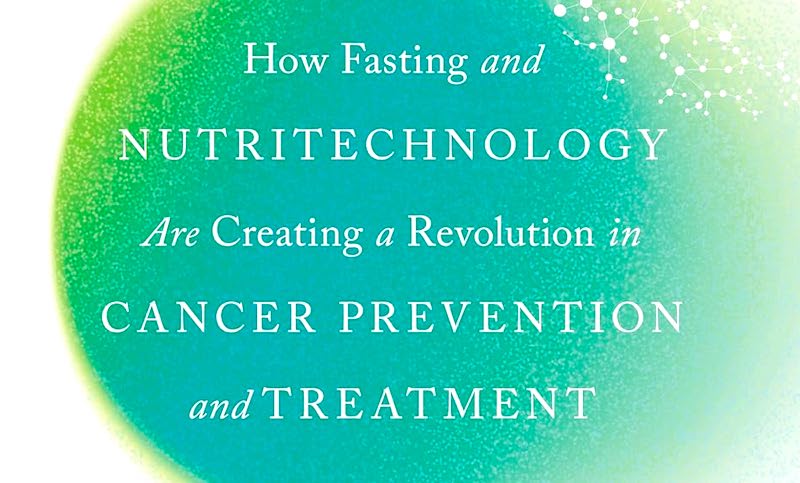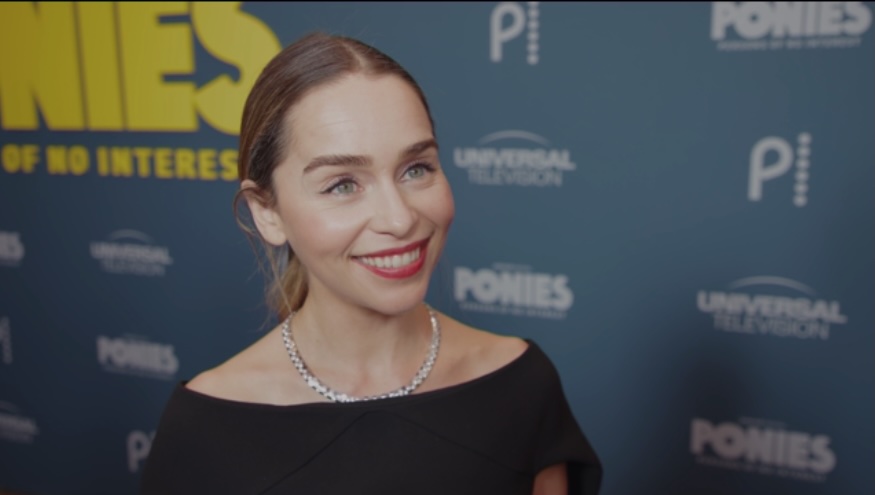Interview with Valter Longo, ‘Fasting Cancer’ is the new book
Check out the interview with Valter Longo, author of Fasting Cancer

Valter Longo is Professor of Biogerontology and Director of the Institute on Longevity at the USC (University of Southern California) - Davis School of Gerontology in Los Angeles, one of the leading centers for research on aging and age-related diseases. Fasting Cancer is his most recent book.
In his book Fasting Cancer, he makes a connection between diet and cancer prevention. How much does diet affect the chances of getting cancer?
The wrong type of diet but also too much calories represent some of the most important risk factors to develop cancer. The ideal diet to help prevent cancer, is what we call the Longevity Diet, which is a normal calorie, low but sufficient protein pescatarian diet in which low mercury fish is consumed 3-4 times a week. The diet should be consumed within 12 hours per day (7-7. 8-8 etc.).
How has there been a recent evolution in cancer treatment?
There have been major improvements in the efficacy of a variety of cancer treatments ranging from immunotherapy to hormone therapy and kinase inhibitors. In this book we show how cycles of a 5-day fasting mimicking diet (FMD) can make many cancer therapies much more effective in experimental models. Clinical trials are now beginning to also show that FMD cycles make several of the standard cancer therapies work better. Everyday nutrition like the Longevity Diet described above can also support the efficacy of standard of care drugs.
You have also studied the basic mechanisms of aging in yeast, mice, and humans. What is the relationship?
The many clinical trials carried out in humans are all based on basic research in yeast and mice which showed how fasting can protect normal cells while making cancer cells more sensitive to standard therapies.
What are the next challenges in cell biology and genetics?
The next challenge is to rapidly determine how cancer cells had adapted in response to FMD treatment so that targeted therapy can be used together with FMD to hopefully cure certain cancers
© All rights reserved
You Might Be Interested

Donna Reed: From Hollywood’s Golden Age to Television Pioneer
Donna Reed born in Denison on January 27, 1921

Paul Newman: A Historic Legacy
Paul Newman was born on January 26, 1925, in Shaker Heights, Ohio

How to Make a Killing, Stevel Marc interview
How to Make a Killing will be released in theaters on February 20, 2026.

Send Help, Sam Raimi interview
The statements by Sam Raimi

Send Help, Rachel McAddams interview
The statements by Rachel McAddams

Ponies, Haley Lu Richardson interview
the statements of Haley Lu Richardson

Ponies, Emilia Clarke interview
The statements of Emilia Clarke

The Strangers: Chapter 3, Madelaine Petsch interview
The comments from Madelaine Petsch


